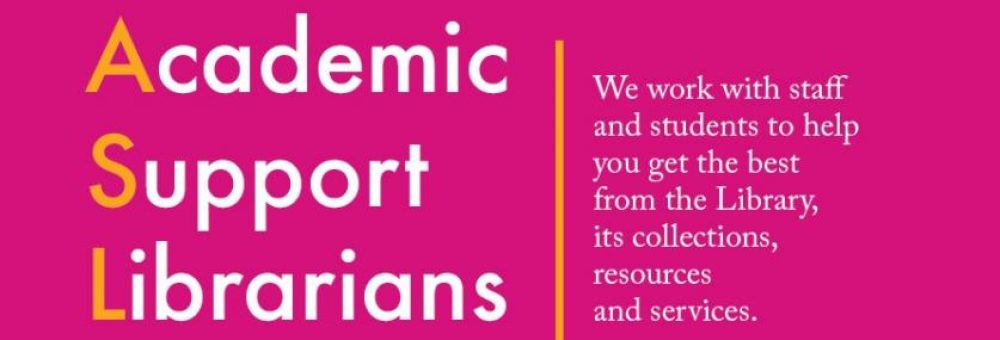As we’re midway through the second semester, many eyes are turning to assignments and thinking ahead to final exams. Did you know that we’ve recently secured a trial of the interactive resource Skills for Study?

Based on the bestselling The Study Skills Handbook by Stella Cottrell, Skills for Study offers an interactive and personalised solution to help students hone their academic skills while developing skills required by employers:
|
|
|
|
|
|
|
|
|
|
|
|
Each of the modules comes complete with exercises, activities, and module assessments along with supplementary videos, articles and blogs. We know how popular the Study Skills Handbook is for students from a range of disciplines, so here’s how to access this interactive resource:
- Visit the Skills for Study website and sign in with your university login. You’ll be asked to register the first time you do, so follow the instructions on this student guide for single sign-on (pdf).
That’s it, it’s that easy! More information about the trial is available on the E-Resources trials page. Our trial ends on the 24th April so have a good look before then, and if you want to offer any comments on this or any of our other E-Resource trials then please consider filling in the trial feedback form.
